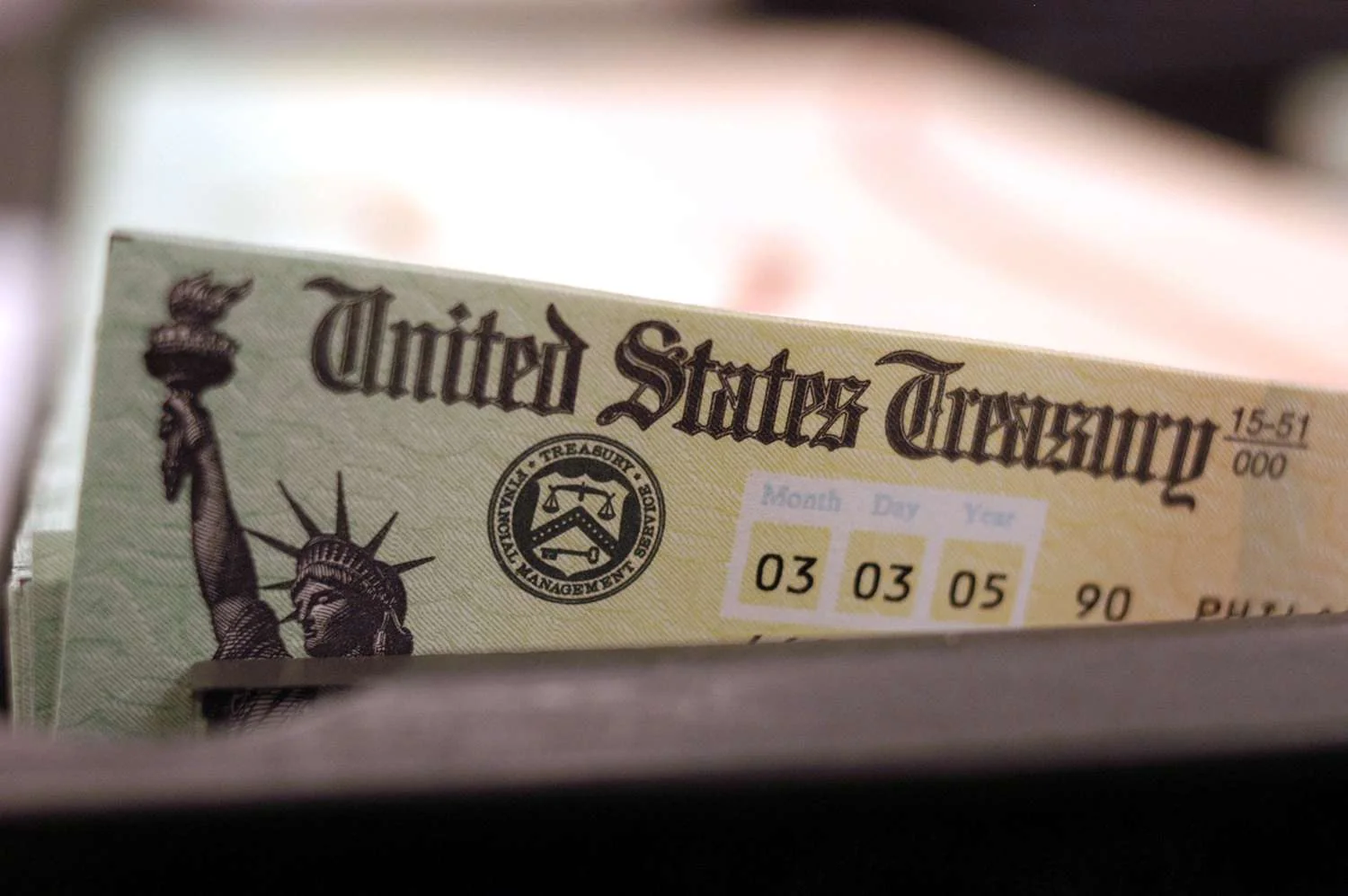Do you need to pay taxes on your online broker?
Picking good investments is important for growing wealth. But you also need to make sure you invest tax-efficiently to gain more profit.
Whether or not your trading account is taxable depends on the type of brokerage account, dividends, interest, and capital gains.
You can choose from three types of brokerage accounts: traditional retirement accounts, non-retirement accounts, and Roth retirement accounts. Each of these accounts has a different tax treatment.
No taxes on earnings are to be paid for retirement accounts. Rather, you will owe taxes while withdrawing money from your account. In contrast, if you have a non-retirement account, you don’t get the same tax-deferred advantage.
Taxable broker accounts

Any ordinary broker account that is not a retirement account is considered taxable. If your investment pays you dividends or the investment goes up, it will be taxed.
But different brokerage accounts have different taxes, which depend on the source and type of investment.
Trade more than 3,000+ markets from 0.0 pips spread without commissions and professional platforms:
(Risk warning: 78.1% of retail CFD accounts lose money)
Capital gains
It’s the most basic way of money investment. You can purchase funds, stock, and other investments and then sell them later at a higher amount.
Your earned money from capital gains is taxed at different rates depending on the duration you hold the investment. Short-term capital gain is an investment you hold for less than a year. It is taxed as ordinary income.
But if your holdings are older than a year, you get better tax treatment on your gain. For instance, if you purchase a stock at $10, hold it for 1.5 years, and sell it at $15, you will have a gain of $5.
Depending on your tax bracket, taxes on long-term capital can be between 0% to 20%. Compared to short-term capital gains, it’s less. Better tax treatment helps in rewarding people for holding an investment for more than a year.
Dividends

Dividends refer to the amount a company pays to its shareholders to reward them for being a part of their profitable business. But dividend income is always taxed based on how you receive the dividend.
- Qualified dividends: These dividends are mostly paid by public companies and are taxed as a long-term capital gain. You need to follow the rules to benefit from a low tax rate on qualified dividends. Remember that qualified dividends are taxed at lower capital gains tax rates
- Unqualified dividends: When companies don’t pay corporate taxes on profits but instead pay to investors are called non-qualified dividends. These are taxed as ordinary income. Unqualified dividends apply to real estate investment trusts, business development companies, and master limited partnership
Interest income

Interest income can be earned on any investment, and the taxes must be paid on brokerage account interest income. It could either be from the bond, holding cash, or a certificate of deposit.
Interest income has two common expectations:
- U.S. Treasuries: If you practice U.S. Treasuries and lend money to the U.S. government, the earned income will be taxed at the federal level
- Municipal bonds: The interest you earn from municipal bonds is not taxed at the federal level. Sometimes it’s also exempted from state and local taxes, resulting in no tax liability
Trade more than 3,000+ markets from 0.0 pips spread without commissions and professional platforms:
(Risk warning: 78.1% of retail CFD accounts lose money)
Tax-Advantaged broker accounts
Certain broker accounts, including retirement accounts, come with protection against taxes. That’s why many people open individual retirement accounts (IRAs) to avoid paying taxes until withdrawal or forever.
There are two types of accounts, i.e., tax-deferred accounts and tax-free accounts. An IRA is the most basic form of tax-deferred brokerage account. Likewise, a Roth individual retirement account is a common tax-free retirement account.
You will get a tax advantage regardless of your account type. You will be only taxed while withdrawing money in a traditional IRA and before contributing to Roth IRAs.
Taxable account income is mostly taxed when you withdraw the money. Also, if you earn interest, it is taxable.
Many people are under the impression that income is only taxable when you try to withdraw it, but it’s not true. You need to pay tax on your brokerage account in the tax year you earn it.
How to decrease brokerage account taxes?

You can use many strategies to decrease your brokerage account taxes. People mostly use tax-deferred retirement accounts. Besides this, you can also decrease taxes by having a strategic plan while selling your investments.
Avoid getting high short-term gains by not selling investments until you hold them for more than a year.
Conclusion about paying taxes on your online broker
You need to pay taxes on online brokers, but you can decrease the taxable amount using the right strategies. Also, you can use tax-advantage broker accounts, like tax-deferred accounts and tax-free accounts, to get an advantage.
Trade more than 3,000+ markets from 0.0 pips spread without commissions and professional platforms:
(Risk warning: 78.1% of retail CFD accounts lose money)
Last Updated on June 5, 2023 by Yuriy Kunets


